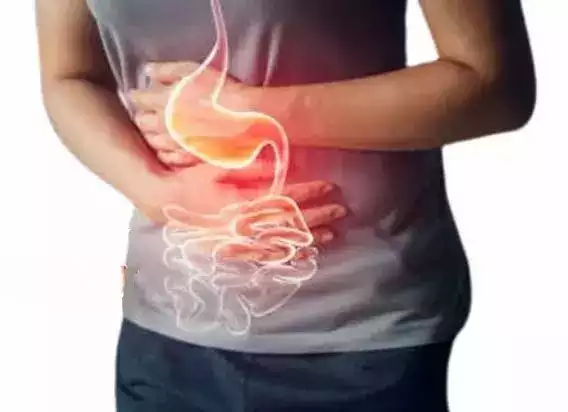The incidence of stomach cancer, also known as Gastric cancer, has been on the rise in India over the past decade, making it the fifth most common cancer among males and seventh most common cancer among females. It is a significant cause of cancer-related deaths globally, creating a cause for concern.
Factors such as unique dietary practices, including a preference for spicy and preserved foods, as well as alcohol consumption, are contributing to the relatively high stomach cancer rates in India. Dr. Puneet Dhar, HoD, Gastrointestinal Surgery at Amrita Hospital, Faridabad, emphasized that stomach cancer predominantly affects individuals over the age of 50, with a higher prevalence among men due to lifestyle factors like smoking and alcohol consumption.
Geographical areas that have higher incidence rates of stomach cancer are noted for dietary patterns that include more spicy, salty, or preserved foods. Hormonal differences and genetic factors may also play a role in the occurrence of this type of cancer. Common symptoms of stomach cancer include persistent abdominal pain, unexplained weight loss, loss of appetite, difficulty swallowing, nausea, vomiting, and blood in the stool, making it necessary for high-risk individuals to undergo regular screenings.
Stomach cancer prognosis varies depending on the stage at diagnosis, with adenocarcinoma, lymphoma, and gastrointestinal stromal tumors (GISTs) being the most common types. The disease is often diagnosed in later stages, contributing to higher mortality rates. Dr. Harish Verma, Senior Consultant – Surgical Oncology at Marengo Asia Hospitals, Gurugram, highlighted that gastric cancer is influenced a combination of genetic, socio-cultural, and environmental factors, and emphasized the need for multimodality treatment including surgery, radiotherapy, and chemotherapy.
While there has been a decline in the incidence of gastric cancer in some parts of the world, the declining trend has not been observed in certain parts of India. This has been attributed to differences in dietary patterns, the use of tobacco and alcohol, and other potential risk factors. Health experts are advocating for improving dietary habits, avoiding preserved foods, and making healthy lifestyle changes to curb the incidence of stomach cancer. They also stress the importance of a balanced diet rich in fresh fruits and vegetables, minimizing processed and preserved foods, quitting smoking, moderating alcohol intake, and scheduling regular medical check-ups, especially for those with a family history or concerning symptoms.

